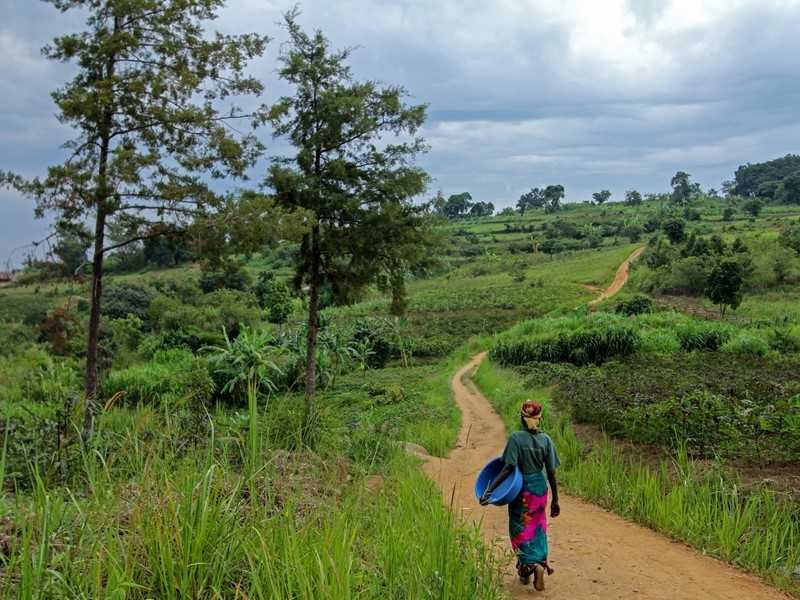MALMÖ, Sweden – IKEA is launching PÅTÅR special edition, a new single-origin coffee from the White Nile region of Uganda, created in a partnership between IKEA and local social business initiative.
It is a cooperation true to the IKEA vision of creating a better everyday life for the many people. IKEA has been engaging in social entrepreneur partnerships with smaller scale suppliers and artisans since 2012. This is the first time IKEA includes a food related social business.
Social entrepreneurs and social businesses try to tackle social problems through innovation and use their business to create positive change in local communities. For the past five years IKEA has been partnering with social entrepreneurs that focus on vulnerable communities and minority groups.
IKEA is now expanding the scope for those partnerships from handicraft and service businesses to agriculture – the new PÅTÅR special edition it is the first food product within the IKEA social entrepreneur initiatives. IKEA is the first global retailer to make a single-origin coffee from the White Nile region in Uganda broadly available.
Uganda is the biggest coffee exporting country in Africa, where around 1.7 million households grow coffee. While traditionally coffee farming is a men’s business, around 50% of the work on the coffee farms in Uganda is performed by women.
Through the new PÅTÅR special edition IKEA supports a social business working closely together with local farmers and communities to improve coffee sourcing practices, farm management and family livings. The partnership includes creating better opportunities in life for women, for example by giving them access to micro-loans and trainings.
– For the most marginalised members of society, earning an income opens up new opportunities. Women in rural communities often have little or no access to education, healthcare or a paid employment.
A significant proportion of women are working in agriculture at the bottom of the food supply chain. The IKEA long term partnerships with food producing communities can help to enhance livelihoods, build sustainable crop production and support communities to become sustainable and self-reliant, says Vaishali Misra, Business Leader for the IKEA Social Entrepreneur Initiatives
By committing long-term to sourcing single origin Arabica coffee from the White Nile region and giving access to a global market IKEA can contribute to positive economic, environmental and social development for local farmers, their families and communities. Starting from autumn 2017 PÅTÅR single-origin White Nile coffee will be available in IKEA stores in around 30 markets.
In October 2016 IKEA launched the PÅTÅR coffee range – a selection coffee products, certified towards the EU standards for organic agriculture and the UTZ standards for more sustainable coffee farming. The PÅTÅR coffee range is part of the IKEA ambitions to offer food that has been responsibly sources with care for people and the planet, is of high quality and comes at affordable prices.
About the IKEA Social Entrepreneur initiatives For home furnishing products, IKEA currently has partnerships with social entrepreneurs in several countries, e.g. in India, Thailand, Sweden, Jordan, Romania and the USA. Through these partnerships IKEA is today contributing to economic empowerment of more than 10.000 people.
PÅTÅR special edition single-origin, 100% Arabica beans from the White Nile region of Uganda. A fresh and fruity medium roast with subtle hints of vanilla and caramel.
PÅTÅR product range, UTZ certified and EU organic range of filter coffee, French press coffee and coffee beans.
All IKEA PÅTÅR coffee is fully traceable Customers can easily check the origin of their PÅTÅR coffee online, using the UTZ/IKEA online tracer www.utz.org/IKEA.
UTZ is an internationally recognized certification scheme with a vision to create a world where sustainable farming is the norm. Today, UTZ is the largest certification programme for coffee and cocoa; more than 445,000 coffee farmers and workers benefit from the UTZ programme. More on www.utz.org
Organic, according to EU standards. Farmers, processors, importers and retailers must follow strict EU rules in order to use the EU organic logo.















